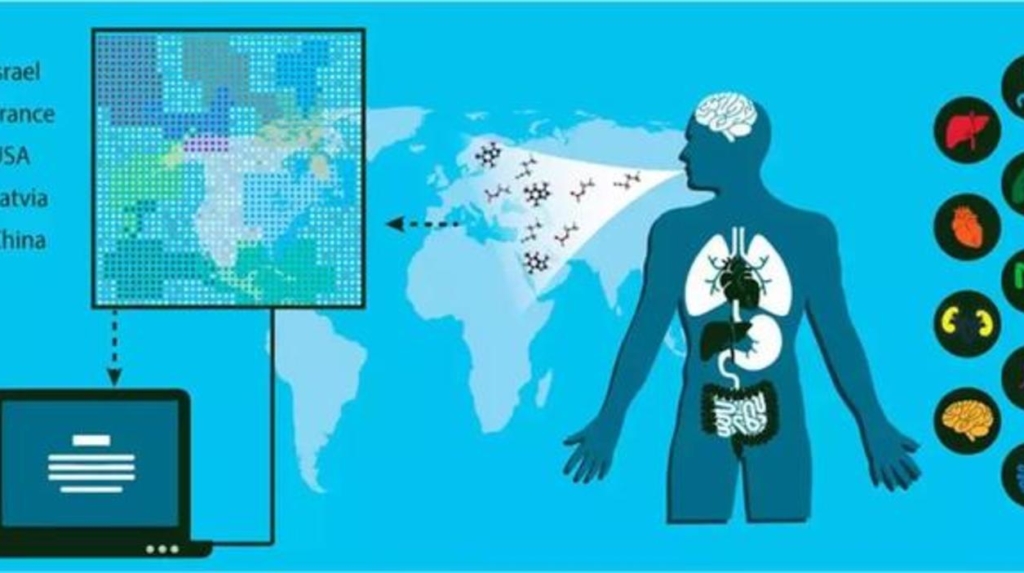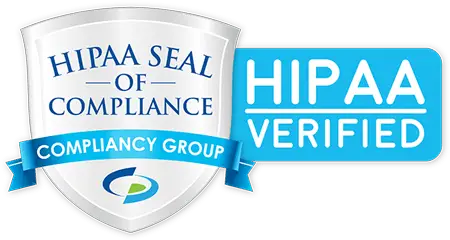What does disease smell like?
Greek physician Hippocrates (460-377 B.C.) asked students to sniff the air that their patients exhaled to diagnose the disease. Sweet breath, for example, could be a sign of diabetes.
Twenty-four centuries later, Israeli scientists have learned not only to diagnose diseases from the air exhaled by patients, but also to predict disease development at early stages.
Scientists at Technion Institute (Haifa), led by Professor Hossam Haik, in collaboration with colleagues from France, Latvia and the United States, invented nano-sensors consisting of two layers: gold nanoparticles and a network of carbon nano-tubes, called the Nano Artificial Nose. Nano-Nose mimics a dog’s olfactory system.
Volatile organic substances that are released into the blood as a result of disease leave the body through the excretory system as well as through the skin and exhaled air.

The scientists found thirteen exhaled volatile organic compounds which are associated with the various diseases and form a unique “respiratory fingerprint”. Based on the analysis of the results, which used artificial neural networks, the researchers were able to diagnose oncological, inflammatory, neurological and other diseases with an accuracy of 86%.
The scientists found thirteen exhaled volatile organic compounds which are associated with the various diseases and form a unique “respiratory fingerprint”. Based on the analysis of the results, which used artificial neural networks, the researchers were able to diagnose oncological, inflammatory, neurological and other diseases with an accuracy of 86%.
This is an affordable and easy-to-use miniature apparatus for the diagnosis of a number of diseases, which can also be used at home.
Now, the same group of researchers is working on a new project that will transfer this technology to smartphones. Each time a person speaks on the phone, the app will analyze the exhaled air and diagnose diseases, and also will provide information about its possible development, even if we feel completely healthy.
Reference
Recent Blog Posts
-
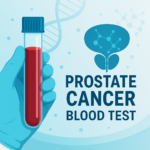 13 Jun 2025MTL Epitherapeutics and RI-MUHC Develop Early Prostate Cancer Blood Test
13 Jun 2025MTL Epitherapeutics and RI-MUHC Develop Early Prostate Cancer Blood Test -
 11 Jan 2025EpiAge Research Publication Signals a New Era in Understanding Biological Aging
11 Jan 2025EpiAge Research Publication Signals a New Era in Understanding Biological Aging -
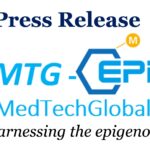 18 Nov 2024EpiMedtech Global Announces FDA Registration of EPIAGE, the First Epigenetic Age Test Registered by the FDA
18 Nov 2024EpiMedtech Global Announces FDA Registration of EPIAGE, the First Epigenetic Age Test Registered by the FDA -
 18 Nov 2024EpiMedTech Global Validates Unique epiCervix HPV Combo Test for Cervical Cancer Detection
18 Nov 2024EpiMedTech Global Validates Unique epiCervix HPV Combo Test for Cervical Cancer Detection -
 31 Oct 2024HKG epiTherapeutics’ MetaGen Genetic Risk Assessment Test Receives FDA Registration, Now Available in the U.S.
31 Oct 2024HKG epiTherapeutics’ MetaGen Genetic Risk Assessment Test Receives FDA Registration, Now Available in the U.S. -
 31 Oct 2024EpiMedTech Global Launches epiGeneComplete: A Breakthrough Genetic and Epigenetic Test for Comprehensive Health Diagnostics
31 Oct 2024EpiMedTech Global Launches epiGeneComplete: A Breakthrough Genetic and Epigenetic Test for Comprehensive Health Diagnostics -
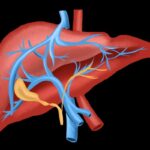 30 Oct 2024Enhanced Early Detection of Liver Cancer
30 Oct 2024Enhanced Early Detection of Liver Cancer -
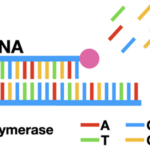 08 Oct 2024Are Microarrays Still Reliable? How Next-Generation Sequencing Outperforms Traditional Methods
08 Oct 2024Are Microarrays Still Reliable? How Next-Generation Sequencing Outperforms Traditional Methods

